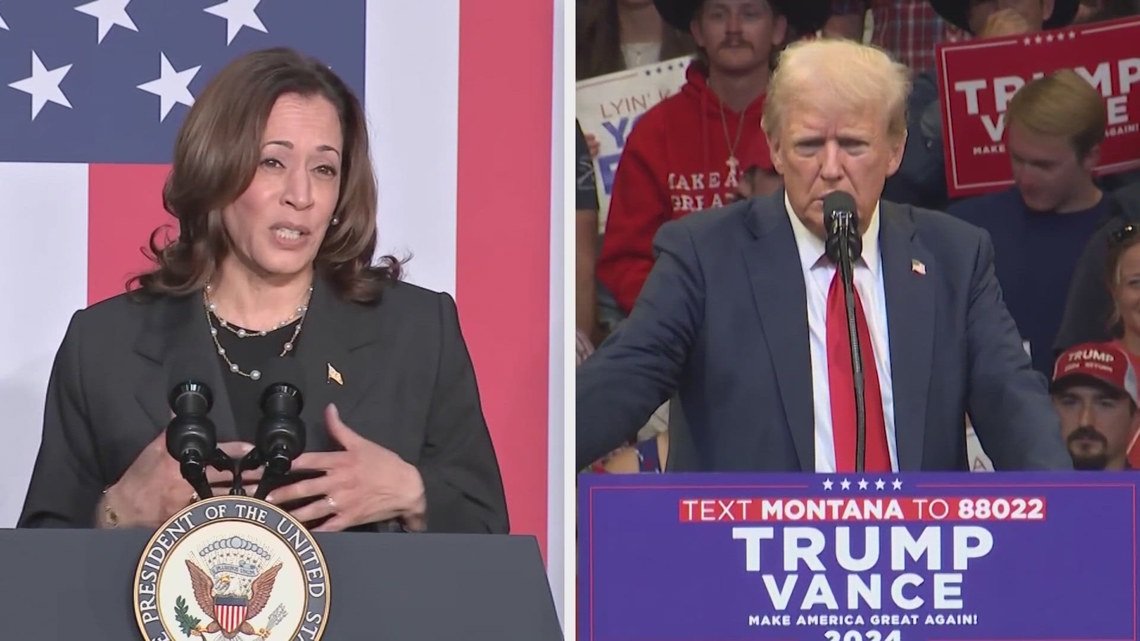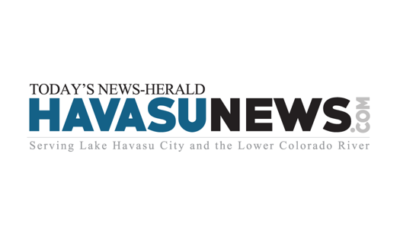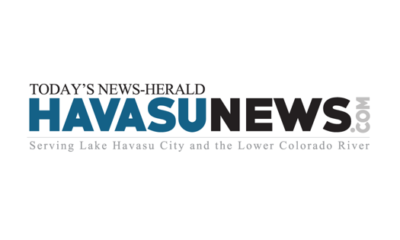Business
Unveiling Political Prediction Markets: Insights on the Next Presidential Election

Former President Donald Trump is currently viewed as the frontrunner in political betting markets, although polling shows him in a tight race with Vice President Kamala Harris.
As the political landscape heats up ahead of the next presidential election, recent predictions indicate a stark contrast between betting odds and polling data. Political prediction markets, which allow individuals to gamble on election outcomes, suggest a 61% likelihood for Trump’s victory against Harris’s 39%. This disparity highlights the volatility between statistical polling and market sentiment.
Steve Bittenbender, a gaming analyst, likens political betting to the stock market, where a candidate’s popularity can shift perceived value. “As a candidate becomes more popular, the price on them will increase,” he noted.
Polling, however, presents a more ambiguous picture. Political analysts like Ulrich Jensen from Arizona State University explain that many polls show both candidates swapping narrow leads that typically fall within the margin of error. “We don’t really know if it’s swinging one way or another,” Jensen stated.
Despite the legality of political betting in America, public sentiment around it appears mixed. When surveyed, local voters largely expressed reluctance to place wagers on elections, with one voter arguing that betting undermines the democratic process.
Opinions vary on whether predictive markets or traditional polls are more reliable. While some view market actions as a clearer indicator, others suggest a combination of both should inform expectations. “It’s hard to really tell what’s the truth,” said one voter.
Despite their differences, analysts caution against relying solely on prediction markets. Jensen believes that polls reflect more stable voter preferences, especially in solid party states. “Certainly if you look at the polls, I think we will be anticipating a closer election than the betting market is assuming right now,” he remarked.
Historical patterns show that prediction markets often become more fluid as Election Day approaches, suggesting potential shifts in sentiment over time. “It wouldn’t surprise me if we had that same kind of volatility on election night or on the days leading into the election,” Bittenbender said.
Experts advise that while political prediction markets have become popular forecasting tools, they should be considered as one of many resources. “I would look at it as another piece of information while educating myself on the election,” Jensen concluded, emphasizing the uncertainty inherent in both polls and betting markets.
The analytical landscape surrounding the upcoming election remains complex, urging citizens to remain informed and cautious, particularly if they entertain the idea of placing a financial bet on the outcomes.


















